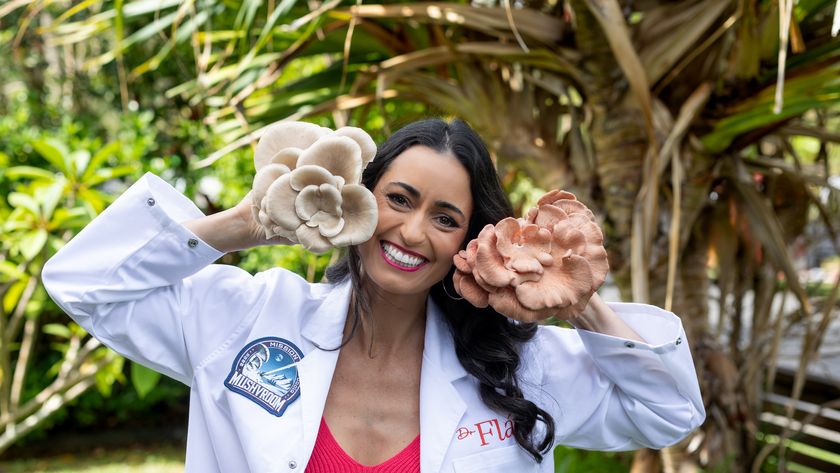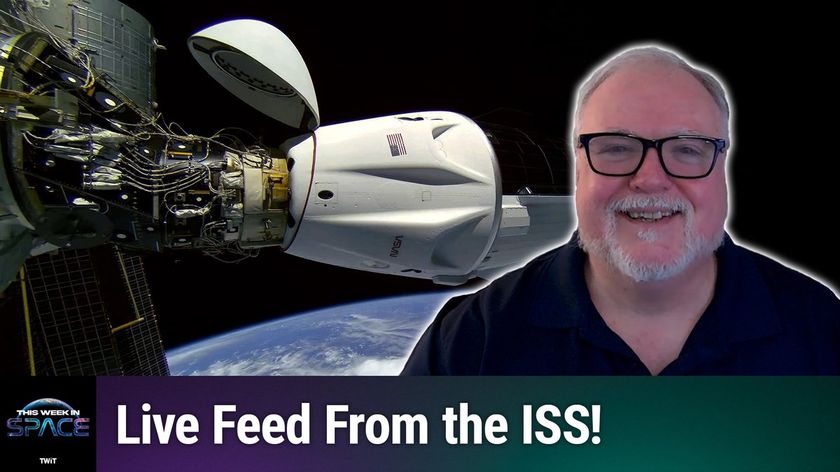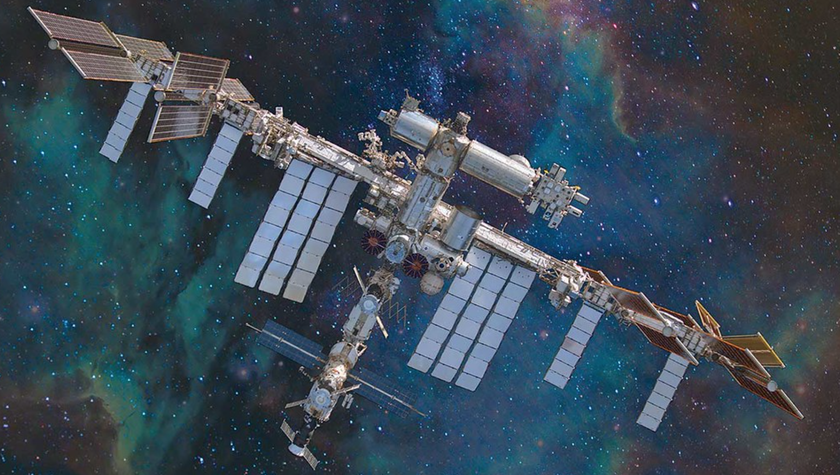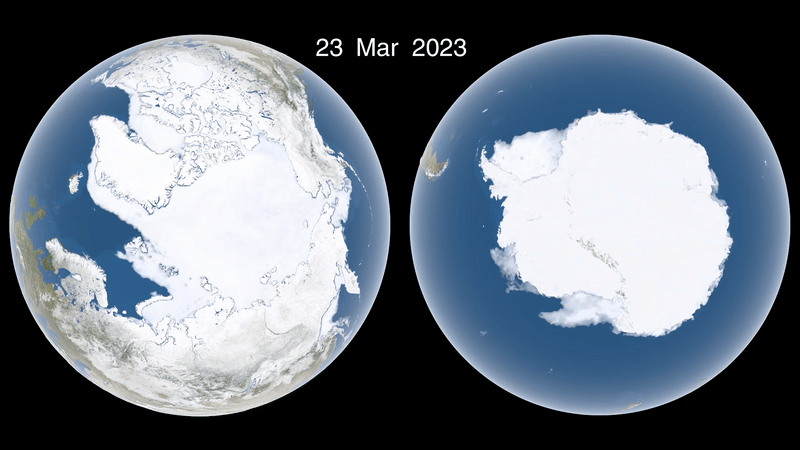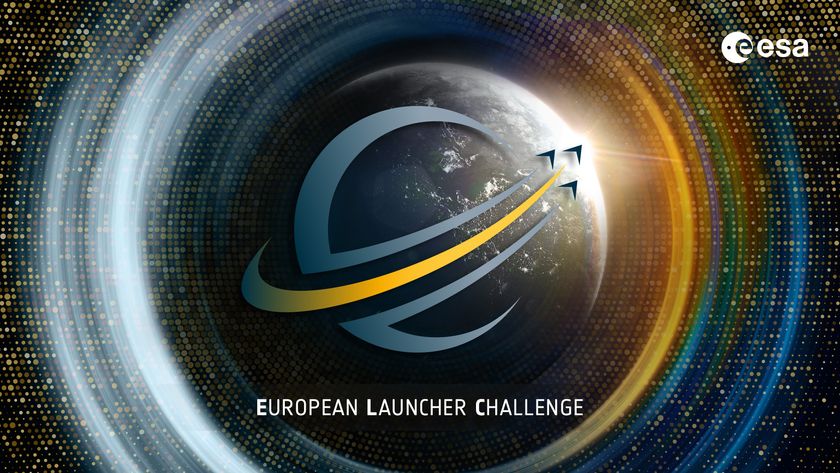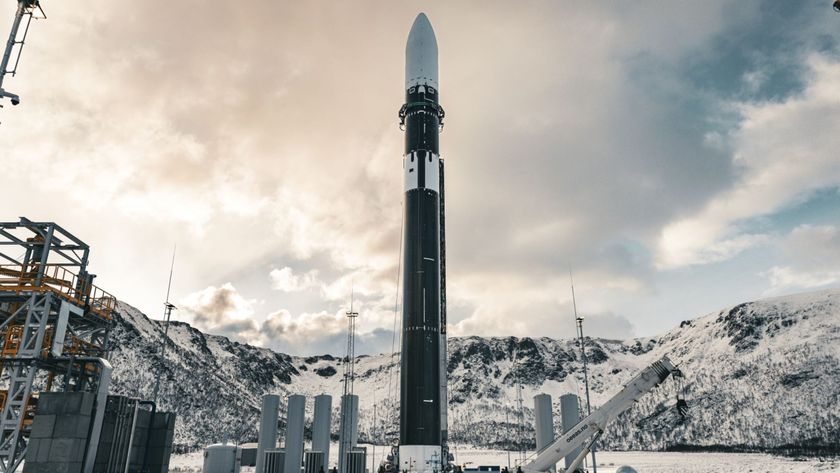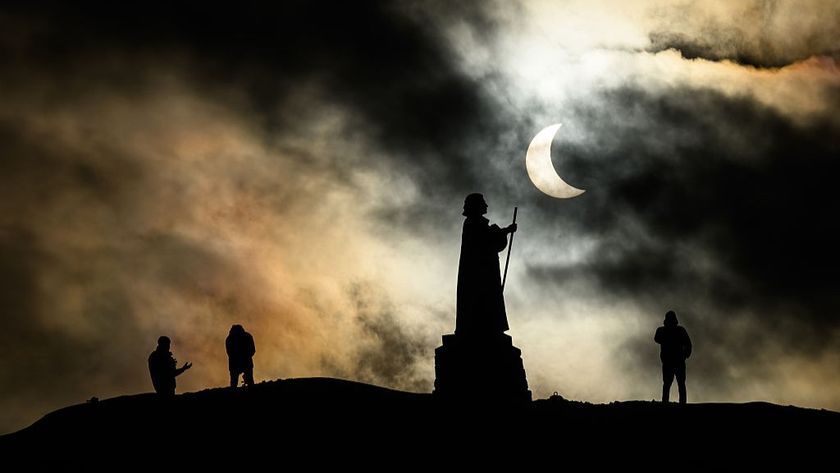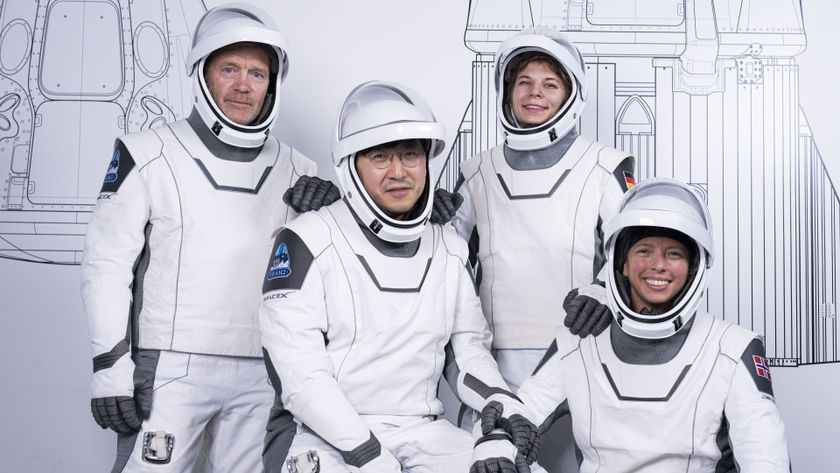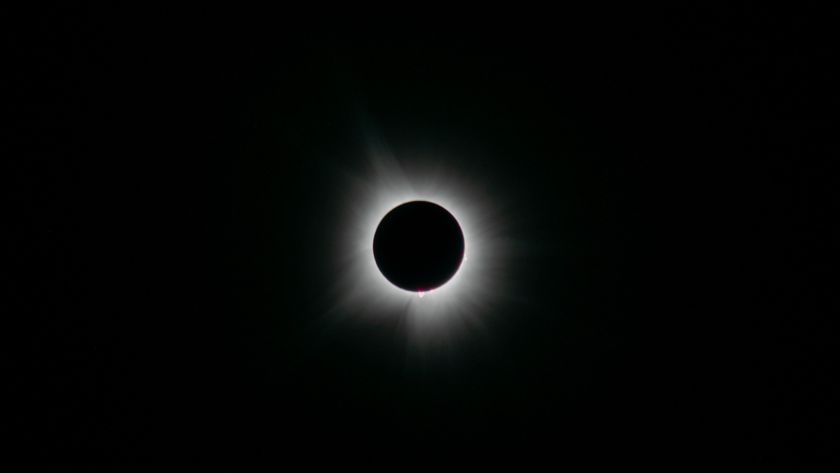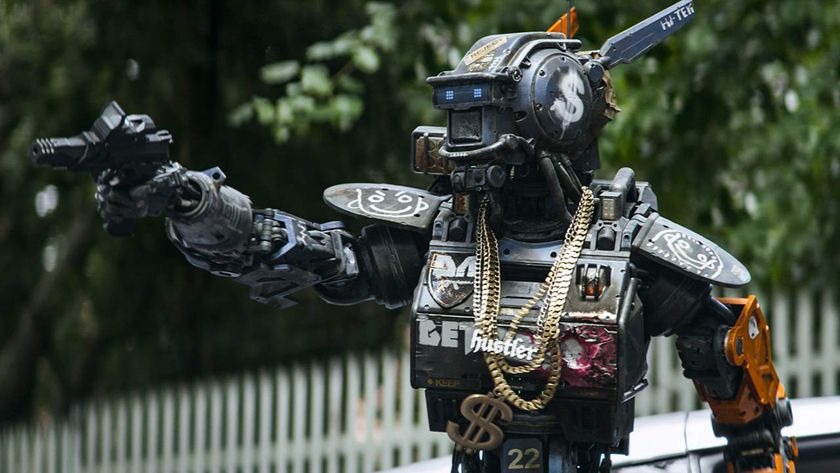NASA astronaut Mark Vande Hei reflects on record 355 days in space
"I want my 355 days to be remembered as the record that got broken."
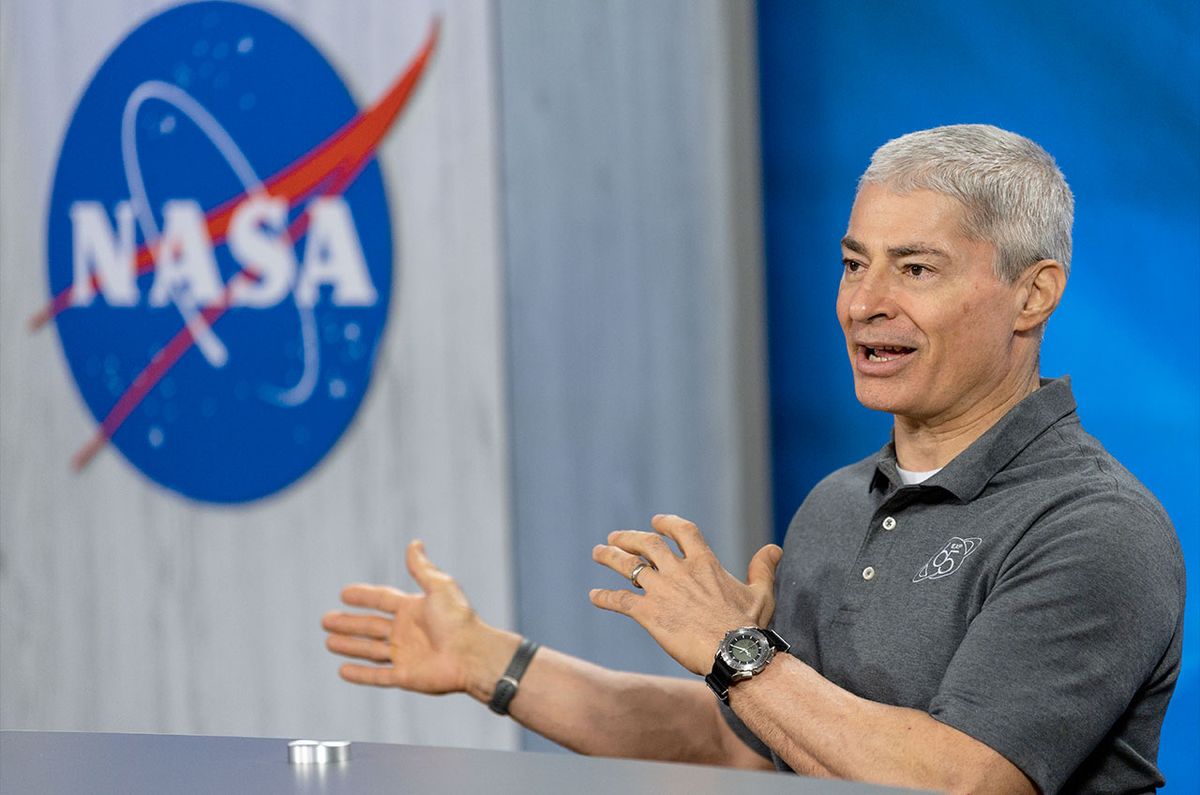
Mark Vande Hei is happy having spent almost a year in space.
A NASA astronaut, Vande Hei returned from a 355-day stay on the International Space Station on March 30. A week later, he made his first public comments about the experience, taking part in a press conference at the Johnson Space Center in Houston on Tuesday (April 5).
"I'm very happy to be back," said Vande Hei, replying to a question about whether he wished he had stayed just 10 days more to make it a full year in space. "If it ended up being 300 days, I still would have felt really good about the mission. It's just the opportunity to work with a really good sense of purpose in a job where we get to help out all of humanity. The number of days was not that important to me."
Importance aside, Vande Hei now holds the distinction of have flown the longest single spaceflight by an American astronaut. The previous record was 340 days, by NASA astronaut Scott Kelly in 2016.
"I want my 355 days to be remembered as the record that got broken," Vande Hei said. "I am really looking forward to the next person doing something longer and getting further and further away and exploring more."
"I want [my mission] to be remembered as a stepping stone," he said.
Video: Astronaut Mark Vande Hei on his near-year in space
Related: Mission updates from the International Space Station
Get the Space.com Newsletter
Breaking space news, the latest updates on rocket launches, skywatching events and more!
Back to Earth
This was Vande Hei's second spaceflight and second time returning home on board a Russian Soyuz spacecraft. His first stay on the space station ended after 168 days in 2018.
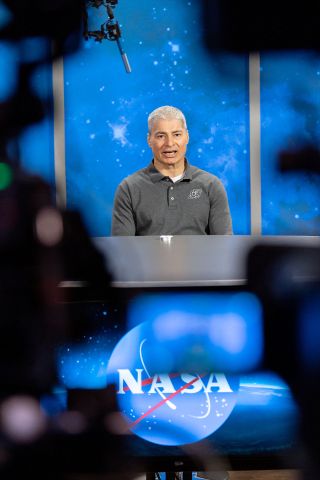
"I didn't have as many responsibilities in the Russian spacecraft this time. Last time I was the copilot; this time I was in the same seat that might have been a tourist's seat so I had very little to do, which gave me a lot of time to look out the window and observe. And that was really quite a pleasant experience for me, getting to notice things that I hadn't noticed before," Vande Hei said in reply to a question from collectSPACE.com.
One thing he had not realized was how much the Soyuz capsule swings under its parachute as it descends to the steppe of Kazakhstan.
"As I was seeing this beautiful view of Earth, it looked like the Earth was swinging back and forth past the window," he said. "I realized that if I kept looking out the window all the time I was going to start feeling nauseous, so I looked inside and started focusing on the displays. That made everything seem very stable, because nothing in the spacecraft was oscillating back and forth."
Then it came time for the "soft landing."
"Having had the experience of landing in that Russian spacecraft, you hit very hard when you hit the ground. This time, I think it was harder anticipating the impact than it was actually experiencing it," Vande Hei said. "For some reason I don't understand yet, we did experience a higher G [gravity] load as you're going through the atmosphere, getting slowed down by the atmosphere, so I certainly felt that as well, but it was all good."
Soyuz spacecraft: Backbone of the Russian space program
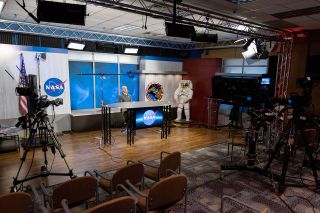
Vande Hei reported having some aches and pains, but that his transition back to life on Earth was going better — and faster — than he expected.
"It shocked me over the last couple of days because in anticipation of returning to Earth after being away for so long, I really thought that I was going to carry forth with me this unique perspective or appreciation for all things novel about being on the planet. But I'm adapting so quickly. It's becoming a little disappointing with how normal it feels. I kind of want it to seem more strange being back, but I'm shocked at how quickly it's becoming normal," he said.
Inward and outward
Vande Hei said that one of the key lessons he learned from spending so much time in space was the need to deal with his mental health, advice he would offer to future astronauts regardless if they were living on the space station or heading out into the solar system.
"I felt better on this spaceflight, the longer one, than the previous one because I really did put a lot of work into the conversations I would have with myself, my own internal voice. That helped a lot," he said.
"I was much better [on this flight] about carving out time to meditate," Vande Hei added. "I think that really helped me be more aware of how I was reacting to things and sometimes to just recognize that and decide to see things differently."
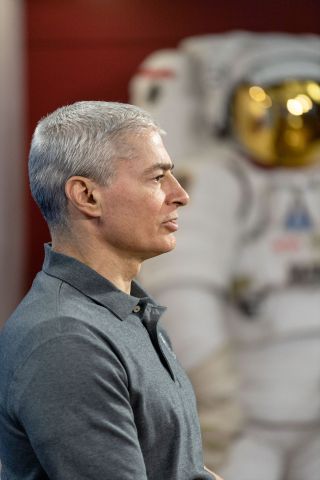
Part of the reason for NASA staging longer duration station stays is to prepare for the coming day it sends astronauts back to the moon and eventually to Mars. Vande Hei said that his own experience helped validate that such was possible.
"This mission certainly enhanced my perception of the feasibility for people surviving long duration," he told reporters. "What is satisfying for me is that my body is part of the experiment. I know people are going to have to go get data from me, and my contributions to that data that will help people further explore."
"It is certainly very satisfying, because as I get older I am sure I am going be watching as people who are much younger than me do some amazing things. There are a lot of challenges ahead and it's going to be exciting," Vande Hei said.
Follow collectSPACE.com on Facebook and on Twitter at @collectSPACE. Copyright 2022 collectSPACE.com. All rights reserved.
Join our Space Forums to keep talking space on the latest missions, night sky and more! And if you have a news tip, correction or comment, let us know at: community@space.com.

Robert Pearlman is a space historian, journalist and the founder and editor of collectSPACE.com, a daily news publication and community devoted to space history with a particular focus on how and where space exploration intersects with pop culture. Pearlman is also a contributing writer for Space.com and co-author of "Space Stations: The Art, Science, and Reality of Working in Space” published by Smithsonian Books in 2018.In 2009, he was inducted into the U.S. Space Camp Hall of Fame in Huntsville, Alabama. In 2021, he was honored by the American Astronautical Society with the Ordway Award for Sustained Excellence in Spaceflight History. In 2023, the National Space Club Florida Committee recognized Pearlman with the Kolcum News and Communications Award for excellence in telling the space story along the Space Coast and throughout the world.

